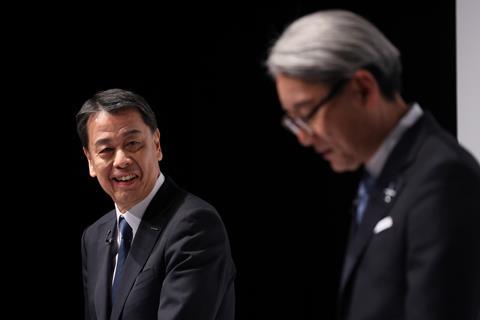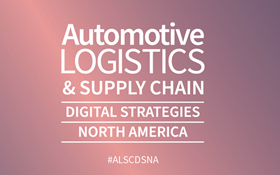Nissan has signed memorandum of understanding with Honda to begin a joint feasibility study that includes automotive software platforms, sourcing of core components related to electric vehicles (EVs) and complementary products. It has also signed an agreement with Mitsubishi to explore a joint initiative in next-generation mobility and energy-related services using EVs.

In a statement Nissan and Honda said to advance toward carbon neutrality and zero traffic accidents it was essential to strengthen environmental and electrification technologies, as well as software development.
Nissan already makes the Leaf and Ariya pure battery EVs, while Honda has launched the e:NY1 and intends to launch the Prologue this year as part of an existing partnership with GM. GM and Honda are reported to be sharing 50% of the parts being used in the Prologue
They will be powered by GM’s Ultium Cells battery technology, itself derived from a joint venture with battery maker LG Chem.
Nissan and Honda have not revealed whether they will follow a similar strategy.
“In this period of once-in-a-century transformation in the automotive industry, we will examine the potential for partnership between Nissan and Honda,” said Toshihiro Mibe, Honda Motor’s director, president and representative executive officer. “Our study criteria will be whether the synergy of the technologies and knowledge that our companies have cultivated will enable us to become industry leaders by creating new value for the automotive industry.”
Meanwhile, Nissan is developing energy management systems in Japan by utilising EV battery storage and charging/discharging functions in combination with renewable energy.
It noted that Japan is dealing with driver shortages because of a declining population and difficulties maintaining public transport services because of decreasing numbers of users. Nissan said it was now working with Mitsubishi to solve some of these challenges.
Mitsubishi is looking at social and industrial challenges through initiatives focusing on using renewable energy and achieving carbon neutrality. It has also been expanding measures to improve transport through the implementation of AI on-demand transport for local governments and private companies and conducting autonomous driving demonstrations using digital solutions.

























![Global[1]](https://d3n5uof8vony13.cloudfront.net/Pictures/web/a/d/s/global1_726550.svgz)














No comments yet